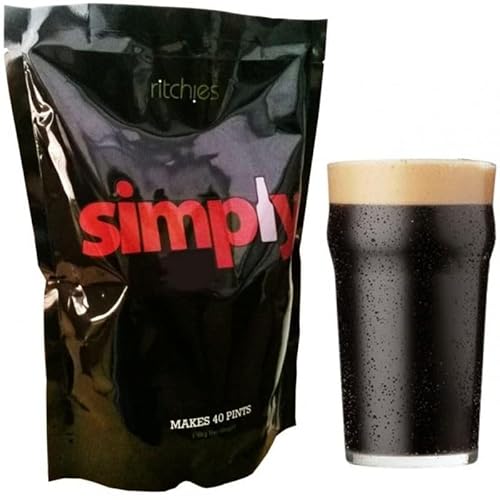It's been about a year since I brewed from kit, and yep I can't recall having anything to add to help clear them. Someone may be able to suggest something, especially if you're going to lose the ability to CC. The brews I did with kits did take longer than my AG brews to clear, so you should be fine with longer conditioning time. However, if you are setting up a kegorater, does that mean you are putting your beer under pressure....I'm sure that will help with clearing? Again, someone else can help with that. Sorry, I'm just a bottler











































